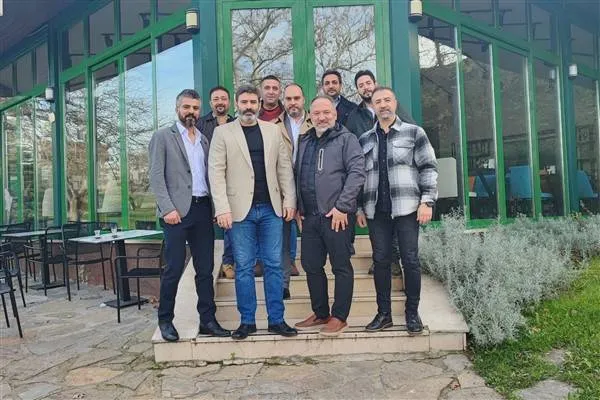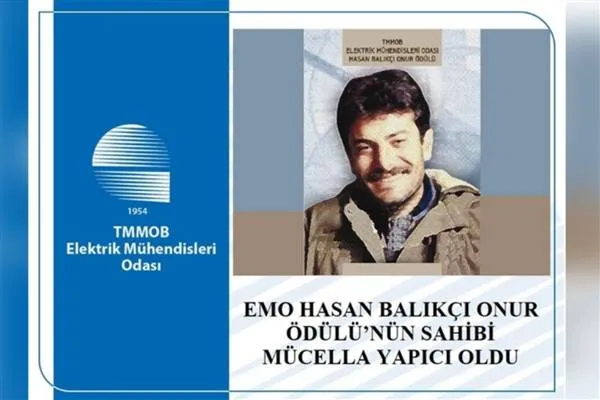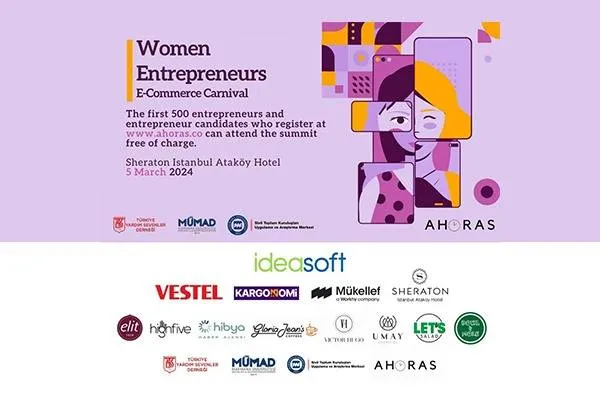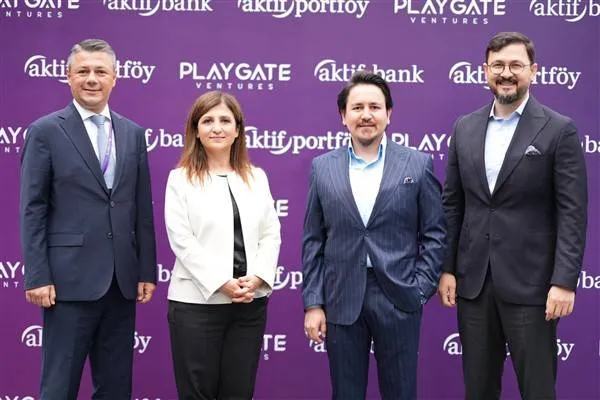Professor of sports science: Europeans sold their souls to the highest bidder
Stockholm, June 5 (Hibya) - The consolidation of team ownership has changed European football, according to a new study. Europeans are selling their souls to the highest bidder, a sports science professor said. Content.
“We are talking about industrial assets,” says Simon Chadwick, professor of Sport and Geopolitical Economics at SKEMA Business School in Paris. “This year, Manchester City became the first football club in the world to do a billion pounds worth of business. These industrial assets generate export revenue, tax contributions and jobs. So you can imagine we want to protect these results. Which European government, not just the European Union, is doing anything to protect these assets? I believe that as Europeans, we are selling our souls; we are selling our souls to the highest bidder.”
For months, investigative journalists from the EBU newsroom and its Members: RTBF (Belgium); RTVE (Spain), RSI (Switzerland) and ZDF (Germany), have worked to meticulously uncover ownership systems and their impact on European football leagues and the player transfer market. By interviewing key experts and highlighting significant conflicts of interest, the research shed light on the changing landscape of football ownership and its consequences.
A new report by the EBU Investigative Journalism Network reveals how investment funds are transforming European football and taking the Beautiful Game to a new level on the pitch and the balance sheet. The increased arrival of foreign capital has led to a concentration of club and player ownership. As commercial decisions precede sporting success, smaller teams can be deliberately left behind, their rising stars sent to bigger clubs in the same ownership group. As a result, the integrity of the game is compromised, and regulators struggle to keep up.
Zayed-owned City Football Group (CFG) has 13 clubs across five continents, while other groups, such as Red Bull and 777 partners, also have multiple clubs. This concentration of ownership affects the transfer market with significant player transfers and could pose integrity risks for international competitions where these clubs may face each other; Manchester City and Girona, part of CFG, have qualified for the 2024/25 Champions League. The influx of Gulf investment also raises ethical questions, leading to ties with regimes with a poor human rights record.
“The first risk is that, thanks to these strategies, these big structures that control a swarm of talent and are very influential in the transfer market will dominate even more; they have control over many more players than they need,” says Raffaele Poli, head of the CIES Football Observatory, pointing out that player transfers exceeded €10 billion last year. “But it's also clipping the wings of competition, which is not ideal. And in any case, there are risks of conflicts of interest, even fairness in competitions, especially in international club competitions where these clubs may face each other.”
Football Benchmark, the football data and analytics platform, estimates that the total enterprise value of Europe's 32 leading football clubs in 2023 will be €51.7 billion.
Meanwhile, local fan bases are increasingly disengaged as they are increasingly excluded from matches. The focus on profitability often appeals more to business strategies than to local communities and weakens deep-rooted social ties. “Sport is a sector like no other; it has cultural value for countries and is very connected to things like education, development, and youth programs,” says law professor Katarina Pijetlovic, an expert on European Sports Law.
UEFA and FIFA face challenges in regulating these multi-club structures, and concerns about fair competition and financial transparency grow as multi-cubism increases. Legal experts and economists emphasize the need for robust regulations to protect the integrity of the sport.
As the football landscape continues to evolve, the EBU's investigation into the sale and ownership of clubs across the continent shows that European football is at a crossroads, balancing commercial interests and cultural heritage preservation. It underlines the urgent need for transparency and regulation to protect the integrity of the sport amid these sweeping changes.
Pilar Requena, Head of the RTVE Research Unit, chairs the Executive Committee of the EBU Investigative Journalism Network: “The research was born to analyze who owns European football and why American investment funds, millionaires from the Gulf States or other countries own European football clubs. As the research progressed, new questions about fair play, transfers and multiple club ownership emerged, showing how football has become an industry and a money-making machine, leading to fans losing power and influence in their clubs and the loss of the traditional values and spirit of European football.
Albania News Agency


















